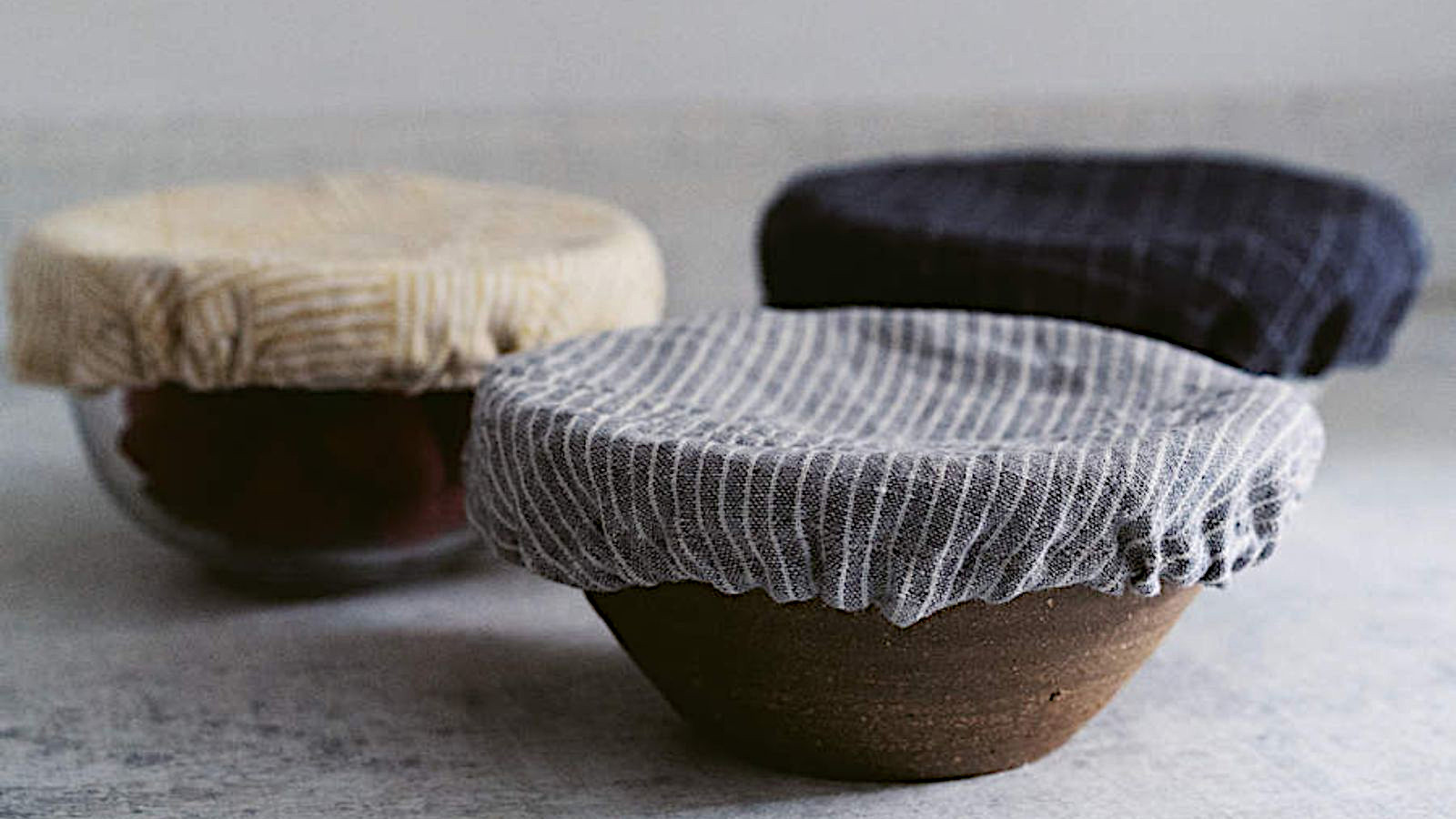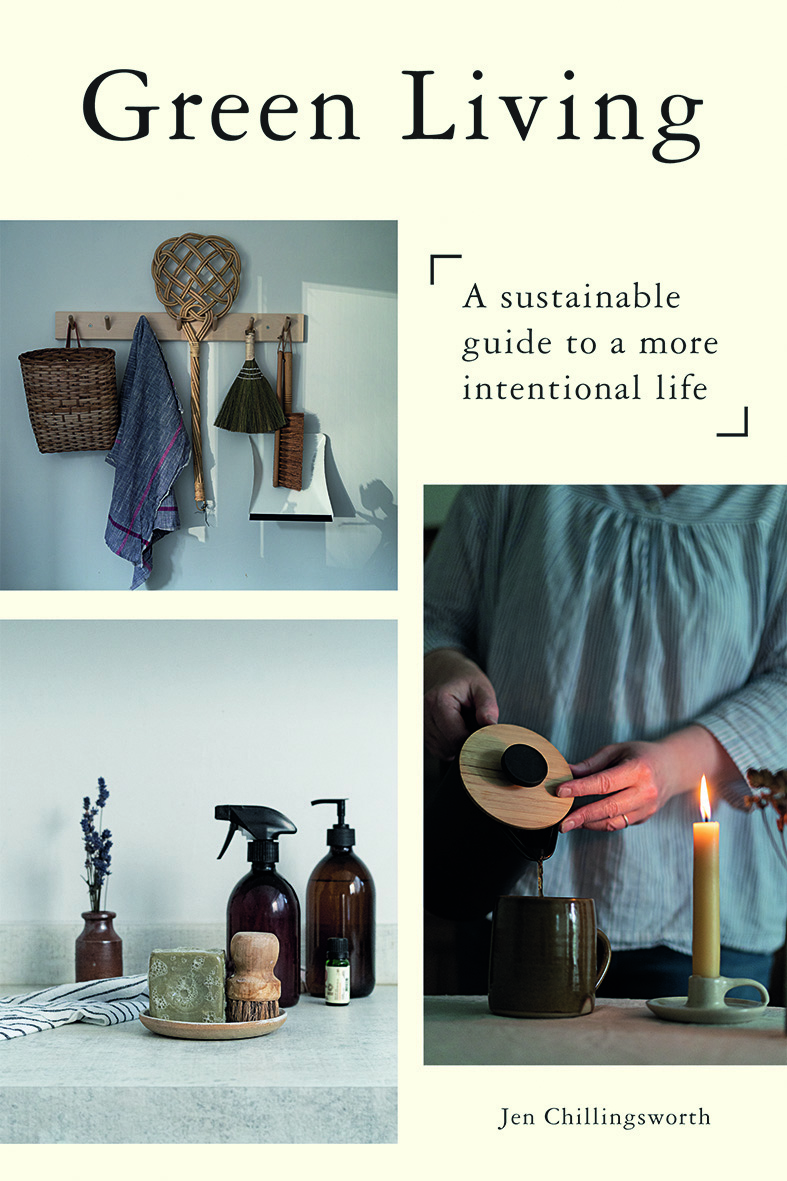How to make bowl covers – easy steps with upcycled fabrics
Making bowl covers will mean no more covering food with plastic, and pretty-looking bowls on the countertop


Design expertise in your inbox – from inspiring decorating ideas and beautiful celebrity homes to practical gardening advice and shopping round-ups.
You are now subscribed
Your newsletter sign-up was successful
Want to add more newsletters?

Twice a week
Homes&Gardens
The ultimate interior design resource from the world's leading experts - discover inspiring decorating ideas, color scheming know-how, garden inspiration and shopping expertise.

Once a week
In The Loop from Next In Design
Members of the Next in Design Circle will receive In the Loop, our weekly email filled with trade news, names to know and spotlight moments. Together we’re building a brighter design future.

Twice a week
Cucina
Whether you’re passionate about hosting exquisite dinners, experimenting with culinary trends, or perfecting your kitchen's design with timeless elegance and innovative functionality, this newsletter is here to inspire
If cutting down on plastic wrap in the kitchen is an aim, you might be looking for replacement bowl covers. Of course you can use a plate... but for an equally eco-friendly and much prettier option, why not make bowl covers?
These, made by author Jen Chillingsworth, are so simple to copy, and can be made with sustainable fabrics you already own.
'Use fabrics you no longer use – you will need a piece the width of your chosen bowl plus 2in to fasten over the sides,' advises Jen.

Jen Chillingsworth is the author of Green Living: A Sustainable Guide to a More Intentional Life. Green Living is follow up to her best-selling book Live Green. Her second book is a practical guide to living life more thoughtfully, and includes a collection of changes you can make to your home and lifestyle over the course of a year, from making your own cleaning products to giving up plastic.
How to make bowl covers
Scraps of fabrics will do – perhaps you have some left over from making kitchen curtains that can perfectly coordinate with your scheme? Or maybe you have a beautiful but beyond repair piece of fabric that can be repurposed? Or, you could salvage fabrics that are being sold off to make your own bowl covers.
You will need:
- Iron
- Fabric scraps
- Bowl
- Ruler
- Fabric marker pen/chalk
- Fabric scissors (Ed: these Tailor's Scissors have a 5 star Amazon rating)
- Pins
- Sewing machine (Ed: this Amazon top seller sewing machine is great for beginners and small projects)
- Organic cotton elastic
- Safety pin
- Needle
- Organic cotton thread
1. Perfect the fabric
Iron your fabric to ensure a flat surface. Lay the bowl upside down on the inside of the fabric.
2. Measure and cut the fabric
Measure 2in from the outside of the bowl and mark the spot. Do this at regular intervals, then connect the dots to form a circle. Cut around this line.
Design expertise in your inbox – from inspiring decorating ideas and beautiful celebrity homes to practical gardening advice and shopping round-ups.
Fold the edges inwards, approximately 1in and pin in place. Do this all around, leaving a 2in opening at the end.
3. Add elastic
Hook a safety pin to one end of the elastic then insert this into the opening of the bowl cover.
Guide the safety pin around the seam until the pin and the elastic come through the other side.
Stitch the two ends of the elastic together. Finally, fold the opening in the fabric over the elastic and sew to close.
Do fabric bowl covers keep food fresh?
Fabric covers can keep food fresh by protecting them somewhat from the air and, importantly, house and fruit flies, plus any grease and grime that might settle on them from cooking in the kitchen.

Lucy Searle has written about interiors, property and gardens since 1990, working her way around the interiors departments of women's magazines before switching to interiors-only titles in the mid-nineties. She was Associate Editor on Ideal Home, and Launch Editor of 4Homes magazine, before moving into digital in 2007, launching Channel 4's flagship website, Channel4.com/4homes. In 2018, Lucy took on the role of Global Editor in Chief for Realhomes.com, taking the site from a small magazine add-on to a global success. She was asked to repeat that success at Homes & Gardens, where she also took on the editorship of the magazine. Today, Lucy works as Content Director across Homes & Gardens, Woman & Home, Ideal Home and Real Homes.